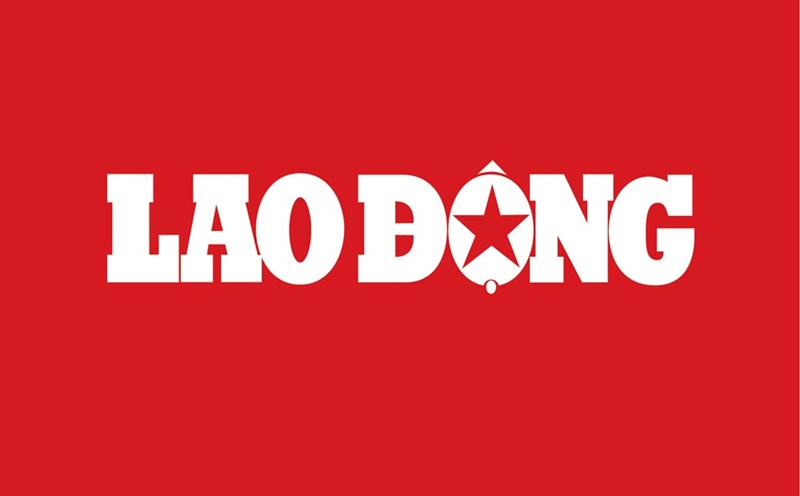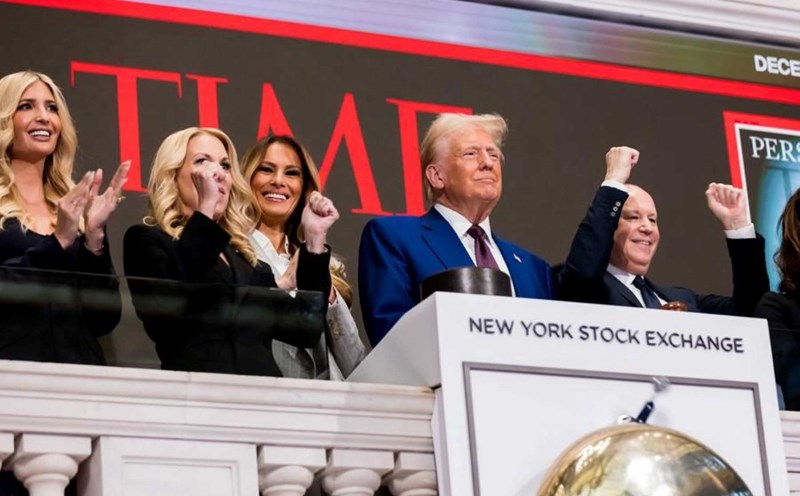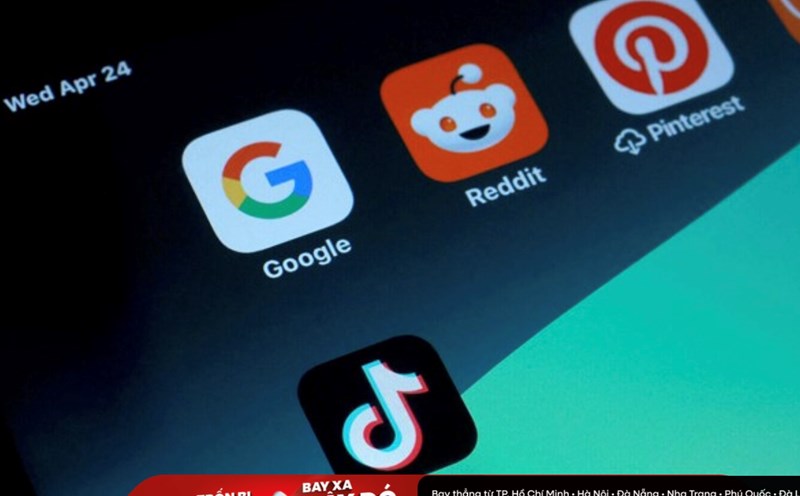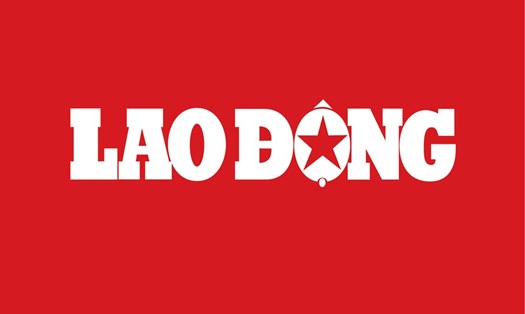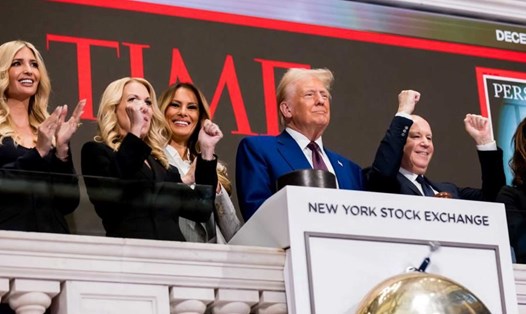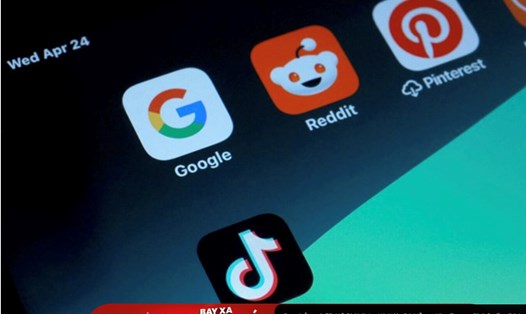US President-elect Donald Trump has just sent a petition to the US Supreme Court on December 27 (local time), requesting to delay the law banning TikTok which will take effect on January 19, 2025, right before he officially takes office as president on January 20.
The law requires TikTok, owned by Chinese company ByteDance, to be sold to a US company or face a ban. In a court filing, Mr Trump’s legal team argued that “given the complexity and novelty of the case, additional time is needed to resolve the legal issues”.
During his first term from 2017-2021, Mr. Trump attempted to ban TikTok on national security grounds, fearing that the Chinese government could use the app to collect data or manipulate information. However, these efforts were unsuccessful. In contrast to his previous stance, Mr. Trump seems to have changed his mind about TikTok. In a press conference last week, he said he was "very fond of TikTok" and would reconsider the ban.
This month, he also met with TikTok CEO Shou Zi Chew at his Mar-a-Lago estate in Florida. In a recent interview with Bloomberg, Trump admitted to having a change of heart: "I support TikTok now, because we need competition. Without TikTok, you'd only have Facebook and Instagram, and that's Zuckerberg's."
Facebook, part of Mark Zuckerberg's Meta Group, banned Mr Trump after the riots at the Capitol on January 6, 2021, over concerns that he might incite violence. However, those bans were later lifted.
Mr Trump’s court filing does not take a position on the legal merits of the case. Instead, he seeks to extend the statute of limitations, allowing his incoming administration to seek a political solution to the issue.
On the same day, a coalition of free speech organizations, including the American Civil Liberties Union (ACLU), also filed a petition to block the law, saying it could pose "unprecedented restrictions" on free speech.
The US Supreme Court has agreed to hear TikTok's appeal, with arguments scheduled to begin on January 10. TikTok argues that the "Protecting Americans from Apps Controlled by Foreign Adversaries" law violates its First Amendment right to free speech.

